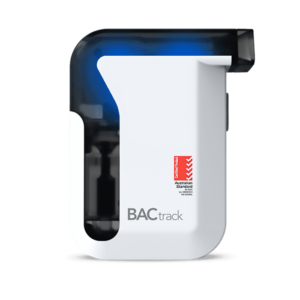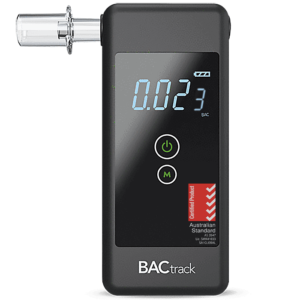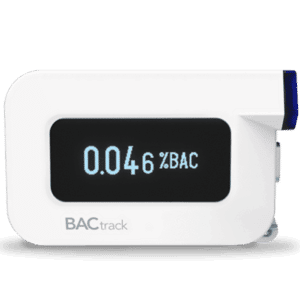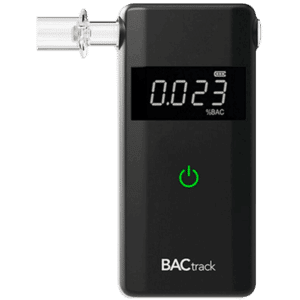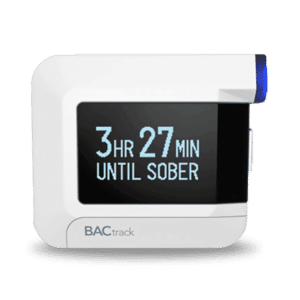Indictable Offence: Drink Driving and Drug Abuse Offences in Australia
07 February, 2024
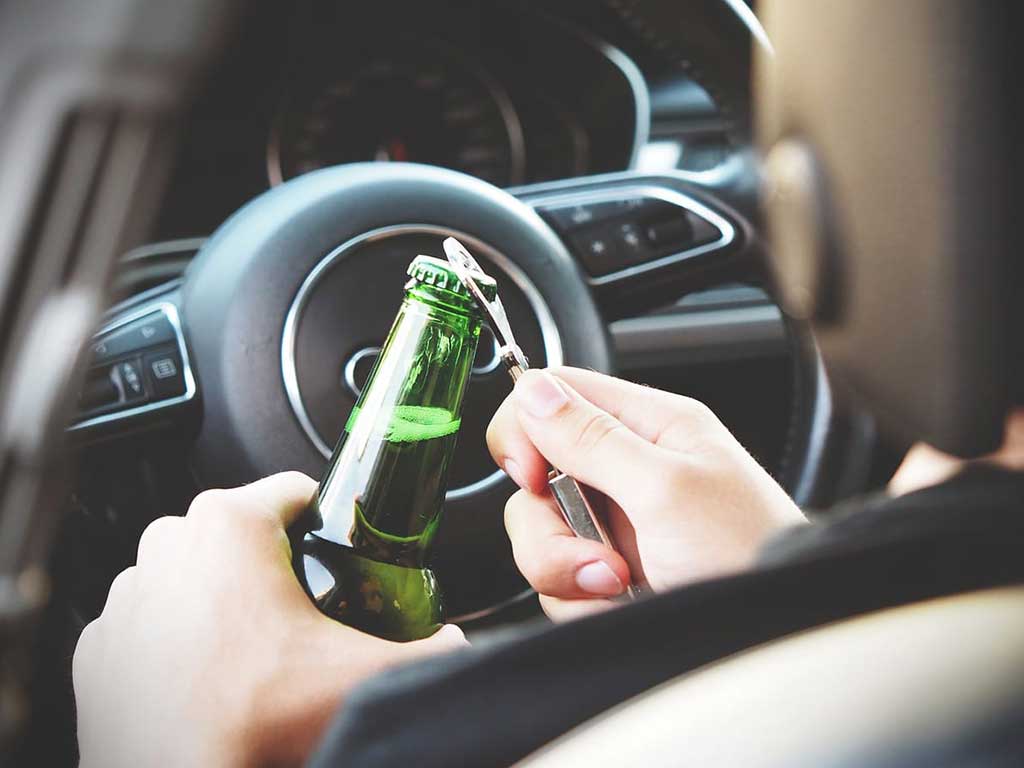
In Australia, drink driving and drug abuse offences are considered indictable offences. This means that they are serious crimes that carry significant penalties. Drink driving refers to operating a motor vehicle while under the influence of alcohol. Meanwhile, drug abuse offences involve the use or possession of illegal drugs. These offences can lead to fines, license suspensions, or even imprisonment. It is essential for individuals to understand the consequences of these actions and to make responsible choices.
Drug and alcohol abuse is a significant problem that has far-reaching repercussions. The consequences can include physical and mental health issues, impaired decision-making, accidents, violence, and fatalities. Therefore, police and law enforcement agencies in Australia take these offences very seriously and have implemented strict measures to deter and punish offenders. This article will provide information on drink driving and drug abuse, including the process of detecting these offences and the expectations after receiving a positive test result.
Indictable Offence: What is Drink Driving and Drug Abuse?
An indictable offence is a significant criminal offence that may result in bodily harm or property damage. One example is drink driving, which involves operating a motor vehicle while under the influence of alcohol. This dangerous and reckless behaviour puts the driver and other road users at risk. Drink driving is a severe crime and is punishable by law.
Drug abuse is another indictable crime that involves the illegal use, possession, or distribution of controlled substances. This includes substances such as cocaine, methamphetamine, and heroin. Drug abuse is a severe crime and can lead to formal indictable charges, criminal records, and potential imprisonment.
If people are suspected of committing a serious crime, they may be arrested and taken to a police station for questioning. An Australian police officer will investigate to gather evidence and build a case against the individual. Once charged, the individual will face legal issues and may need to appear in court to defend themselves against the criminal charges.
Fines and Penalties
- Fines and penalty units: the fines may vary between states, depending on the type of license, alcohol level, and historical offences. It can range from $2,000 and a maximum penalty of over $3,000.
- License suspension: convictions may lead to a maximum driving disqualification of three years.
- Alcohol and drug education programs: completion of attendance to these programs to address their drinking or drug use habits and increase awareness.
- Imprisonment: jail terms may range from 6 to 18 months or longer.
- Alcohol interlock order: a limited license involving installing an ignition interlock device for a certain period.

Indictable Offence: How to Detect Drink Driving and Drug Abuse?
Law enforcement officials detect drink driving indictable offences by conducting roadside breath tests. If the Blood Alcohol Concentration (BAC) of the driver exceeds the legal limit, they can face a Driving Under the Influence (DUI) offence. Police officers may also observe their behaviour to gather evidence of DUI. Sometimes, investigators rely on history checks and witness statements to confirm the role of the driver in a drink driving incident.
To detect drug abuse, police officers may conduct roadside drug tests or request a saliva or urine sample from the individual. Specialised drug enforcement units investigate indictable drug offences. These investigations involve conducting thorough searches of vehicles and individuals. Additionally, they analyse substances found during the investigation.
To avoid facing criminal matters, individuals should never operate a vehicle under the influence of alcohol or drugs. Always designating a sober driver, using public transportation, or requesting a rideshare service is crucial when under the influence. By making responsible choices, individuals can minimise problems regarding legal matters, bodily injury, and the negative impacts of an alleged offence.
Procedure
In Australia, when someone commits a serious crime, the police gather sufficient evidence and present it to the prosecutor. The police prosecutor then decides whether there is enough evidence to proceed with formal charges. If so, they file a document called an “indictment” with the court, outlining the charges against the accused person.
After filing the indictment, the accused person appears in court for a hearing called an “arraignment.” During this hearing, the court formally reads the charges to the accused, who then enters a guilty plea or not guilty. If the accused pleads not guilty, the case proceeds to criminal trial.

Indictable Offence – What Happens After a Positive Testing?
If a person undergoes alcohol and drug testing and the results show positive, it can significantly impact their legal proceedings. First, the positive test can serve as evidence against them in court, strengthening the case of the prosecution. Potential impairment at the time of the alleged indictable offence can sway the judgment of the court against the defendant.
Additionally, the defendant might face additional consequences beyond the criminal trial. This can include penalties such as fines, license suspension, or mandatory rehabilitation programs. The severity of these consequences can vary based on factors like prior offences, the level of intoxication, and any resulting property or bodily harm.
Moreover, positive testing can influence sentencing if the defendant is found guilty. It may lead to harsher penalties, such as lengthier probation periods, mandatory counselling, or even imprisonment. Judges often take substance abuse into account when determining appropriate sentences, aiming to address both punishment and rehabilitation. Therefore, a positive test can have far-reaching implications for the legal proceedings and the future of the defendant.
Hiring Lawyers
Hiring a criminal lawyer who has experience with such serious criminal charges is essential. These lawyers can provide expert legal advice and representation to navigate the complex legal process. They can help build a strong defence strategy, gather evidence, negotiate with prosecutors, and provide representation in court.
A lawyer can also provide valuable support and guidance to the accused and their family during this stressful time. They can help the accused understand their rights, the potential consequences they face, and the best options for their defence. By hiring a lawyer, individuals can ensure they have a dedicated legal advocate fighting for their rights.
Conclusion
In conclusion, drink driving and drug abuse are serious indictable offences that pose significant risks to individuals and society. Law enforcement officials detect drink driving by conducting roadside breath tests and observing driver behaviour. Meanwhile, they detect drug abuse through roadside drug tests and sample collection. These offences carry severe legal consequences, including potential imprisonment. Individuals must understand the consequences of such actions to ensure public safety on the roads.
After testing positive for alcohol or drugs in connection with a serious offence, the accused faces legal consequences. This can include evidence against them in court, additional penalties like fines or license suspension, and potentially harsher sentencing. Hiring an experienced criminal lawyer is crucial for navigating these challenges. They can provide expert advice, build a strong defence, and support the accused through the legal process. With the appropriate representation, individuals can better protect their rights and pursue a favourable outcome.


















